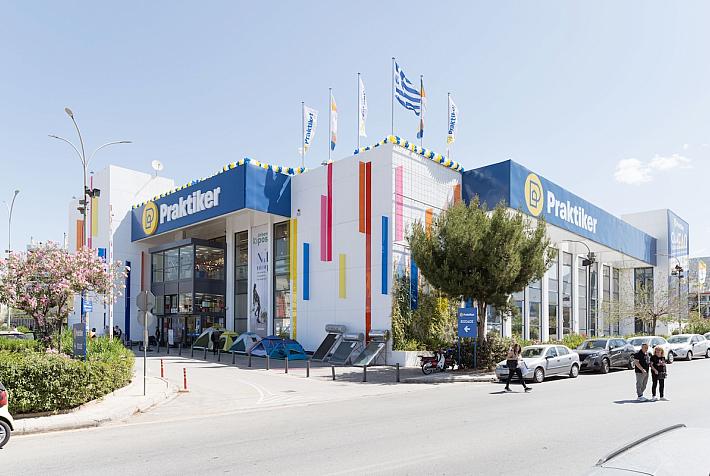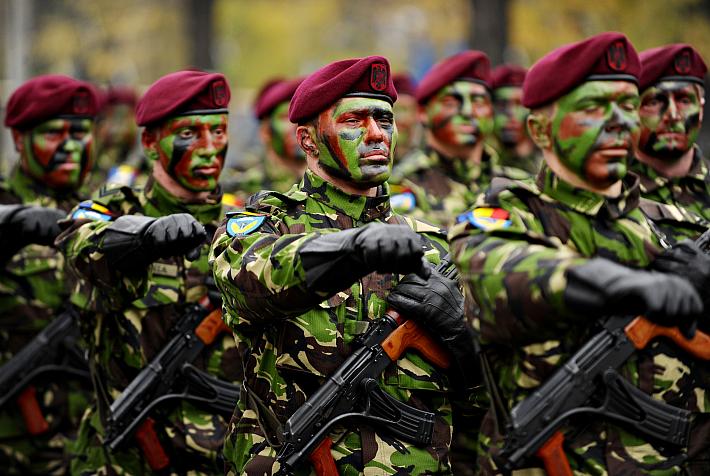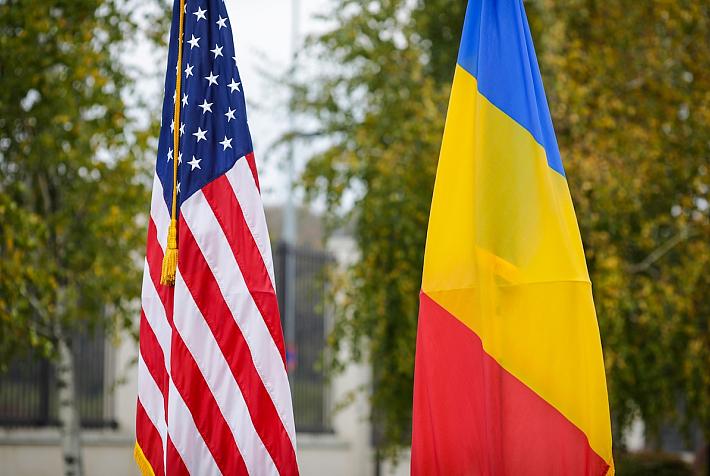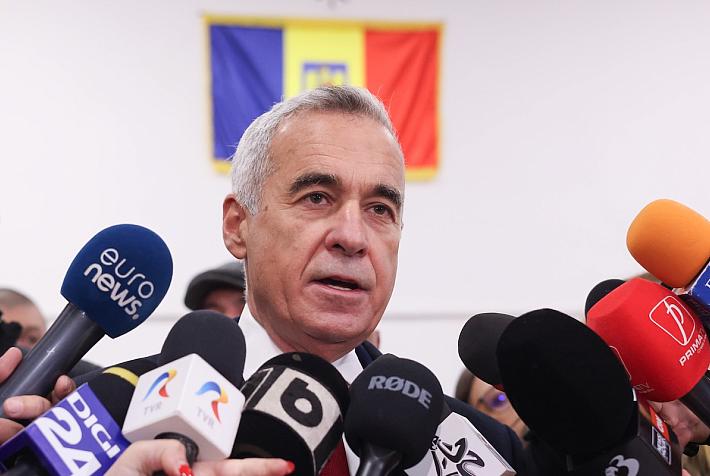Romania’s factoring market down 9% in the first half of 2014

Romania’s factoring market reached a level of some EUR 1.1 billion in the first half of the year, down some 9% compared to the same period in 2013, according to an evaluation of the Romanian Factoring Association ARF.
In terms of products, the highest growth was registered in import factoring, of 14% year-on-year.
“This structure practically goes in parallel with the overall development of the economy, where higher than expected consumption hasn’t generated new jobs in Romania, but was made mainly based on imports, the industrial production slowing down in H1,” said Bogdan Rosu, president of ARF.
Meanwhile, the export factoring decreased by 4%. This trend is the opposite to that of 2013, when import factoring decreased by 20% and the import one registered a year-on-year increase of 4%, according to Rosu.
Metallurgy and electronics & telecommunications were the sectors that continued to register increases in accessing factoring services.
“Lack of investments may trigger this year a contraction of the factoring market between 8% and 10%, but there is a possibility for the figures to stay at the same level last year. It all depends however on the accelerated resumption of the investment process, with effects most likely next year,” said Bogdan Rosu.
ARF evaluated the trends on the factoring market based on data provided by members of the association.
Factoring is a financial transaction in which a business sells its accounts receivable, such as invoices, to a third party, called a factor,at a discount.
Irina Popescu, irina.popescu@romania-insider.com











